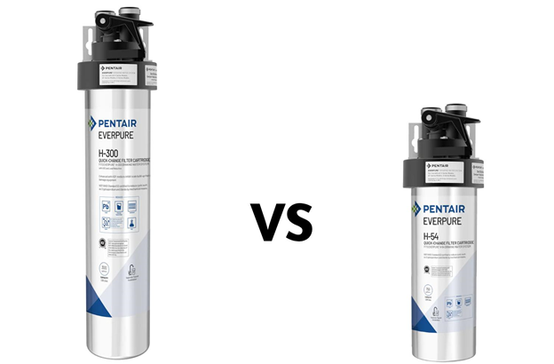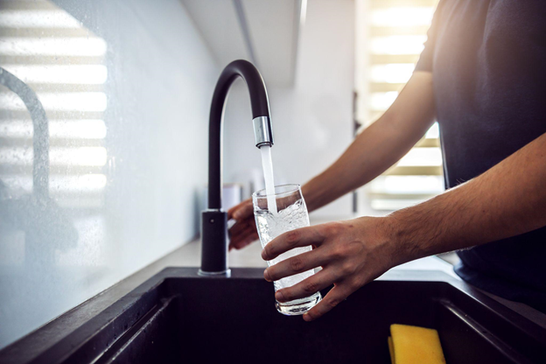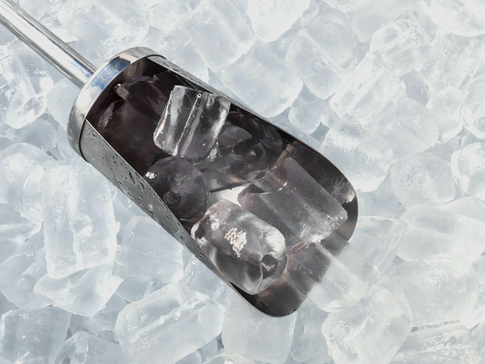
- Article published at:
- Article comments count: 0
When it comes to drinking water, most people think about convenience before quality. While tap water may appear clean, it can often contain subtle impurities that affect the way it tastes and smells. Even small amounts of chlorine, sediment, or organic compounds can change the flavor of your water and make it less enjoyable to drink or cook with. That is where Everpure Water Systems stands out. Known for their advanced filtration technology and long-lasting cartridges, Everpure is designed to give homeowners cleaner, clearer, and better-tasting water right from their tap.
Understanding What Affects Water Taste and Odor
Before understanding how Everpure Water Systems works, it helps to know why water sometimes tastes or smells unpleasant. Municipal water supplies are treated with chemicals like chlorine or chloramine to kill bacteria and viruses. While these disinfectants are necessary for safety, they often leave behind a strong chemical taste or odor.
Other sources of poor water quality include:
Sediment and Rust: Aging pipes can release fine particles into the water, leading to a cloudy appearance or metallic taste.
Organic Compounds: Naturally occurring materials or agricultural runoff can affect the smell and flavor of water.
Volatile Organic Chemicals (VOCs): Industrial pollution and household products can introduce VOCs that alter the water’s quality.
Hard Water Minerals: Although calcium and magnesium are not harmful, they can sometimes affect the way water tastes and interacts with food and beverages.
These issues are not always visible, but they can impact your daily experience in small but noticeable ways. Even if your water looks clear, a filtration system like Everpure can reveal how much improvement is possible.
The Technology Behind Everpure Filtration
Everpure Water Systems uses a combination of advanced filtration techniques to remove contaminants without stripping away essential minerals. At the heart of most Everpure systems is a micro-pure filter cartridge that utilizes a fine carbon block and proprietary filtering media. This design allows it to capture particles as small as 0.5 microns in size, including sediment, cysts, and even certain bacteria.
Key features of Everpure filtration include:
Activated Carbon Filtration: Everpure uses high-quality activated carbon that adsorbs chlorine, chloramine, and organic compounds responsible for unpleasant tastes and odors. This process does not just mask the smell but removes the source of it entirely.
Precoat Submicron Technology: This technology involves a fine coating of carbon and filtering materials applied to a membrane. It allows for deep contaminant capture while maintaining a high flow rate. This ensures the water flows smoothly while still being filtered thoroughly.
Metal Reduction: Many Everpure systems also help reduce lead and other heavy metals that can leach from old plumbing systems. Removing these metals contributes not only to better safety but also to a cleaner taste.
Scale Inhibition: Some Everpure cartridges include a scale inhibitor that helps reduce mineral buildup in coffee makers, ice machines, and kitchen appliances. This keeps your water-based equipment functioning efficiently.
How Everpure Improves Water Taste
Taste is often the first thing people notice after installing an Everpure system. By removing chlorine, sediment, and other impurities, Everpure water takes on a crisp, clean flavor that makes it more refreshing to drink. Many users also find that their beverages and recipes taste better because the water no longer introduces unwanted flavors.
For example, coffee and tea brewed with filtered water have a smoother, more balanced taste. Vegetables cooked in filtered water retain more of their natural flavor, and soups or sauces come out cleaner and more consistent. When water tastes good on its own, you naturally drink more of it and use it more confidently in cooking.
Eliminating Odors for a Fresher Experience
Everpure Water Systems are particularly effective at eliminating odors caused by chlorine and organic contaminants. Chlorine odors can sometimes make tap water smell like a swimming pool, which can be unpleasant when drinking or cooking. The activated carbon inside Everpure cartridges traps and neutralizes these compounds, leaving your water odor-free.
This is especially noticeable when you run your tap after the water has been sitting in the pipes for a while. Instead of a sharp or musty smell, you get a fresh, neutral aroma that makes your kitchen or home feel cleaner overall.
Crystal Clear Water Every Time
In addition to improving taste and odor, Everpure Water Systems significantly enhance clarity. Sediment, rust, and fine particles can make water appear cloudy even if it is technically safe to drink. Everpure’s micro-filtration design captures these microscopic particles, resulting in visibly clearer water.
This improvement is easy to notice in clear glassware or when making ice. Ice cubes come out cleaner and more transparent, and glass cups no longer show residue or cloudiness after washing. Clean water also helps your kitchen appliances last longer since it reduces the buildup of debris inside your coffee makers and kettles.
Why Everpure Is a Trusted Choice
Everpure is one of the most respected names in residential and commercial water filtration. Their systems are used in homes, coffee shops, and restaurants worldwide, all seeking reliable filtration with professional-grade performance. The combination of technology, cartridge longevity, and easy maintenance makes Everpure systems stand out among other brands.
Each cartridge is built to handle thousands of gallons of water before replacement, ensuring consistent quality over long periods. With simple maintenance and dependable results, Everpure provides peace of mind that your water will always be clean, fresh, and clear.
Everpure Water Systems transforms ordinary tap water into something extraordinary. By removing impurities that affect taste, odor, and clarity, it delivers the kind of clean water that makes a noticeable difference every day. Whether you are drinking straight from the tap, brewing coffee, or preparing meals, you can count on Everpure to provide water that looks, smells, and tastes exactly the way it should: pure and refreshing.
If you want to elevate your kitchen and enjoy better water at home, Everpure Water Systems are a trusted and effective solution that delivers long-term results.
Read article








